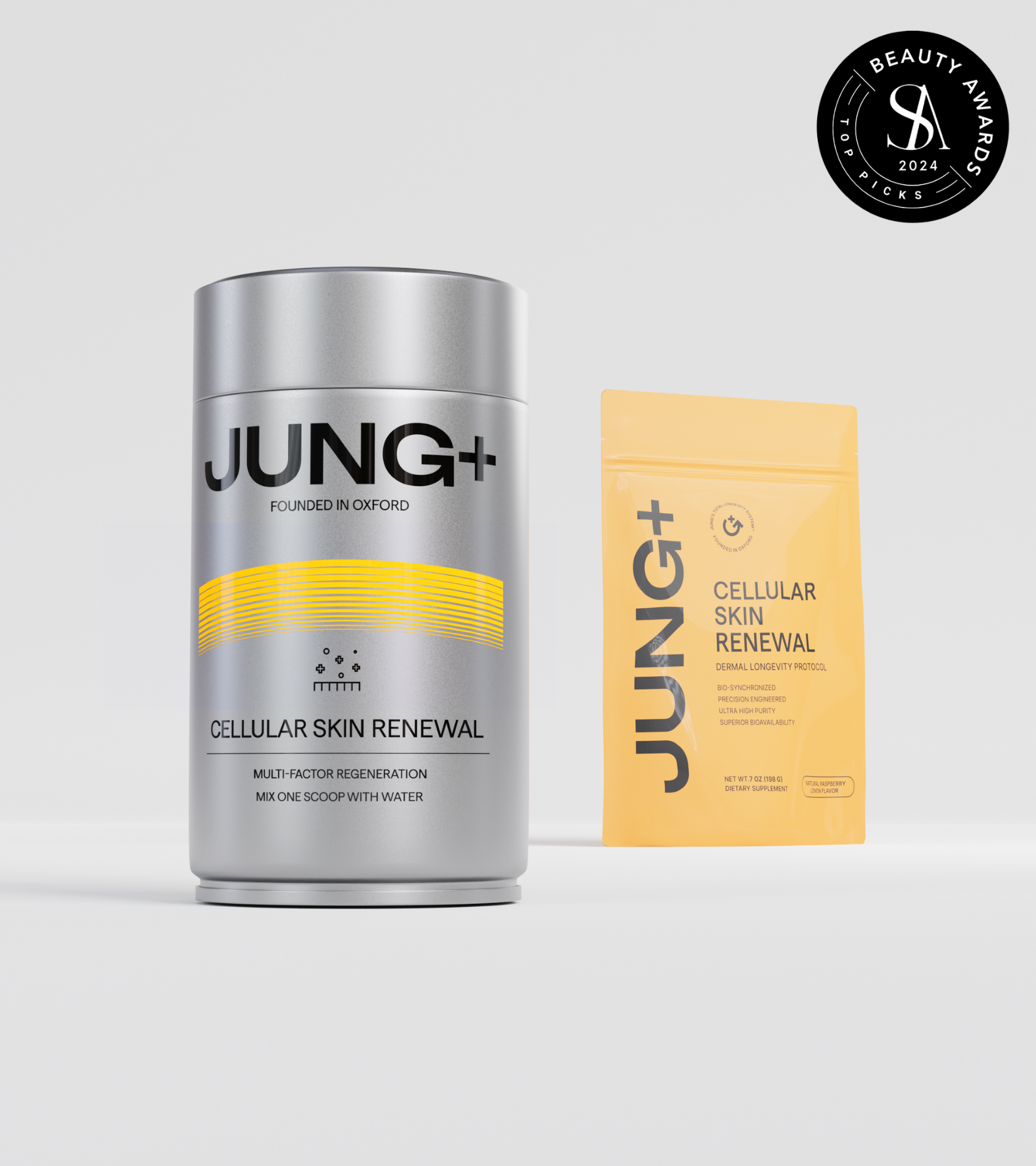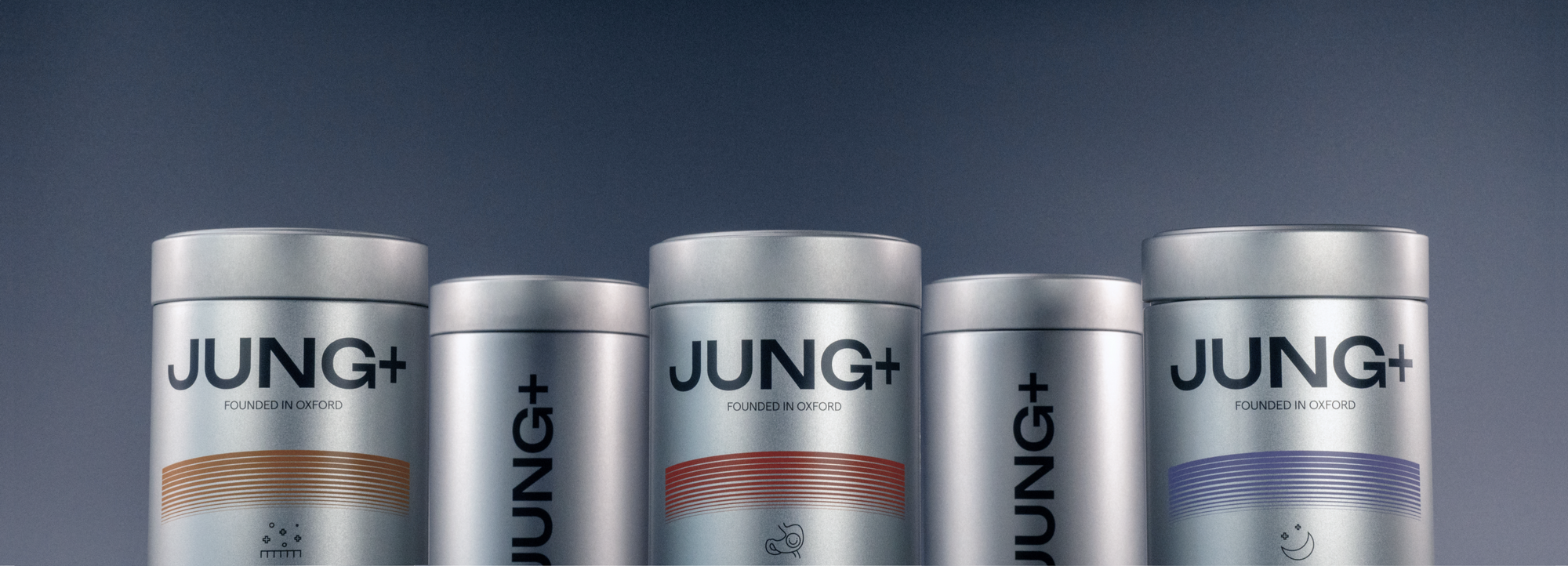"I think we can get almost complete control of cardiovascular disease, heart attacks, and strokes by the proper use of Vitamin C"
-Linus Pauling, Ph.D., Two-time Nobel Laureate

FREE SHIPPING ON ALL SUBSCRIPTIONS!
FREE SHIPPING ON ALL SUBSCRIPTIONS!
FREE SHIPPING ON ALL SUBSCRIPTIONS!
FREE SHIPPING ON ALL SUBSCRIPTIONS!
FREE SHIPPING ON ALL SUBSCRIPTIONS!
FREE SHIPPING ON ALL SUBSCRIPTIONS!
FREE SHIPPING ON ALL SUBSCRIPTIONS!
FREE SHIPPING ON ALL SUBSCRIPTIONS!
FREE SHIPPING ON ALL SUBSCRIPTIONS!
FREE SHIPPING ON ALL SUBSCRIPTIONS!
FREE SHIPPING ON ALL SUBSCRIPTIONS!
FREE SHIPPING ON ALL SUBSCRIPTIONS!
FREE SHIPPING ON ALL SUBSCRIPTIONS!
FREE SHIPPING ON ALL SUBSCRIPTIONS!
FREE SHIPPING ON ALL SUBSCRIPTIONS!
FREE SHIPPING ON ALL SUBSCRIPTIONS!
FREE SHIPPING ON ALL SUBSCRIPTIONS!
FREE SHIPPING ON ALL SUBSCRIPTIONS!
FREE SHIPPING ON ALL SUBSCRIPTIONS!
FREE SHIPPING ON ALL SUBSCRIPTIONS!
FREE SHIPPING ON ALL SUBSCRIPTIONS!
FREE SHIPPING ON ALL SUBSCRIPTIONS!
FREE SHIPPING ON ALL SUBSCRIPTIONS!
FREE SHIPPING ON ALL SUBSCRIPTIONS!
FREE SHIPPING ON ALL SUBSCRIPTIONS!
FREE SHIPPING ON ALL SUBSCRIPTIONS!
FREE SHIPPING ON ALL SUBSCRIPTIONS!
FREE SHIPPING ON ALL SUBSCRIPTIONS!
FREE SHIPPING ON ALL SUBSCRIPTIONS!
FREE SHIPPING ON ALL SUBSCRIPTIONS!
"I think we can get almost complete control of cardiovascular disease, heart attacks, and strokes by the proper use of Vitamin C"
-Linus Pauling, Ph.D., Two-time Nobel Laureate
Vitamin C, also known as ascorbic acid, is a household name in health and wellness. Renowned as a powerful antioxidant, this essential nutrient plays a critical role in supporting longevity and overall health.
While its immune-boosting properties are widely celebrated, Vitamin C offers much more, particularly when it comes to skin health and anti-aging. Let’s delve into how this powerhouse vitamin supports longevity and optimal health, with a focus on its unique benefits for skin aging.
Vitamin C is a water-soluble vitamin that humans must obtain from dietary sources or supplements. It acts as a cofactor for numerous enzymatic reactions, including collagen synthesis, and plays a central role in combating oxidative stress—a major contributor to aging and chronic diseases.
Oxidative stress, caused by an overproduction of reactive oxygen species (ROS), is a primary driver of cellular aging. Vitamin C neutralizes ROS, reducing damage to DNA, proteins, and lipids that accumulate over time. Studies show that adequate Vitamin C intake can significantly reduce oxidative stress markers, thereby supporting healthier aging processes (Khalid et al., 2024).
As we age, skin naturally loses collagen and elasticity, leading to wrinkles, sagging, and dullness. Vitamin C is a linchpin in maintaining youthful, resilient skin.
Research highlights that topical and dietary Vitamin C reduces free radical damage caused by UV exposure, protecting the skin from premature aging. This antioxidant function also plays a role in preventing photoaging, which contributes to wrinkles and pigmentation (Pullar et al., 2017).
Collagen is a structural protein critical for skin elasticity and strength. Vitamin C is indispensable for collagen synthesis, serving as a cofactor for the enzymes that stabilize and cross-link collagen molecules. This process helps maintain skin’s firmness and reduces visible signs of aging. Studies have shown that Vitamin C application significantly enhances skin’s elasticity and reduces wrinkle depth. In one clinical trial, a 5% Vitamin C serum improved photodamaged skin over six months, demonstrating its potential as an anti-aging agent (Humbert et al., 2018).
Vitamin C inhibits tyrosinase, an enzyme responsible for melanin production, thereby reducing hyperpigmentation and evening out skin tone. This makes it a popular ingredient in brightening formulations. In vitro studies have shown that Vitamin C reduces melanin synthesis by approximately 25%, contributing to brighter, more radiant skin (Duarte & Almeida, 2012).
While Vitamin C is essential for vibrant skin, its benefits extend to systemic longevity through multiple pathways.
A robust immune system is critical for longevity. Vitamin C supports both innate and adaptive immunity by enhancing the function of epithelial barriers and promoting the activity of immune cells like neutrophils and lymphocytes. Research shows that Vitamin C supplementation enhances chemotaxis and phagocytosis, processes critical for pathogen elimination. This supports resilience against infections, particularly in older adults, whose immune responses may be weakened (Carr & Maggini, 2017).
Telomeres, protective caps at the ends of chromosomes, shorten with age and are considered biomarkers of cellular aging. Vitamin C has been linked to longer telomeres, likely due to its antioxidant effects in protecting DNA integrity. A 2023 cross-sectional study found a positive correlation between dietary Vitamin C intake and telomere length, underscoring its potential role in cellular longevity (Cai et al., 2023).
Oxidative stress contributes to many age-related diseases, including cardiovascular conditions and neurodegenerative disorders. Vitamin C’s role in neutralizing ROS is critical in mitigating these risks. By reducing oxidative damage to lipids and improving endothelial function, Vitamin C supports vascular health, a key component of longevity (Padayatty et al., 2003).
As research into longevity deepens, Vitamin C continues to demonstrate potential in innovative applications.
Neuroprotective Effects: Oxidative stress in the brain is a major factor in cognitive decline and neurodegenerative diseases. Vitamin C’s antioxidant properties may help protect against these conditions, with some studies suggesting links to reduced risk of Alzheimer’s disease and cognitive decline (Harrison, 2012).
Wound Healing and Tissue Regeneration: Vitamin C accelerates the healing of wounds by promoting fibroblast activity and enhancing collagen deposition. This is particularly beneficial for older adults, whose healing processes may be slower (Boyera et al., 1998).
Potential Role in Cancer Prevention: While more research is needed, high-dose Vitamin C has shown promise in reducing oxidative damage that can lead to carcinogenesis. Its effects on immune modulation and ROS scavenging are central to its anticancer properties (Wang et al., 2018).
Vitamin C is undeniably a cornerstone of longevity and health. Its ability to combat oxidative stress, boost collagen production, brighten skin tone, and support systemic immune function makes it a valuable addition to any wellness routine. For skin, its anti-aging benefits are unparalleled, with proven results in reducing wrinkles, enhancing elasticity, and promoting a radiant complexion.
Whether consumed through diet or applied topically, Vitamin C continues to be a star player in the science of healthy aging. By integrating it into your longevity practices, you can harness its powerful benefits to support a vibrant, youthful, and resilient body.

Telomere Attrition: Regular intake of Vitamin C has been linked to longer telomeres, suggesting a protective role against cellular aging (Cai et al., 2023).
Research focused on Vitamin C’s antioxidant capabilities demonstrated its effectiveness in reducing oxidative stress biomarkers, including lipid peroxidation and DNA damage, in human cells and animal models. By neutralizing harmful reactive oxygen species (ROS), Vitamin C plays a critical role in maintaining cellular integrity and reducing aging-related molecular damage. This protective effect is central to Vitamin C’s role in promoting healthier aging and increased longevity. Published in Journal of the American College of Nutrition (2003), titled “Vitamin C as an Antioxidant: Evaluation of Its Role in Disease Prevention” by Padayatty et al.
This study investigated Vitamin C’s impact on immune function in older adults, revealing that it significantly enhances neutrophil activity, chemotaxis, and microbial killing. Additionally, it boosts lymphocyte proliferation and natural killer cell activity. These findings demonstrate Vitamin C’s potential to counteract age-related immunosenescence, reducing infection risks and improving overall resilience as people age. Published in Nutrients (2017), titled “Vitamin C and Immune Function” by Carr and Maggini.
This research highlighted Vitamin C’s essential role in collagen biosynthesis, a structural protein vital for maintaining skin firmness and elasticity. The study showed that Vitamin C enhances the stability of collagen molecules, reduces wrinkles, and supports skin’s extracellular matrix. These findings underline Vitamin C’s value in skincare and its potential to counteract visible signs of aging. Published in Nutrients (2017), titled “The Roles of Vitamin C in Skin Health” by Pullar et al.
Researchers examined the effects of Vitamin C on metabolic and stress markers in genetically modified mice unable to produce their own ascorbic acid. Supplementation reduced markers of oxidative stress, improved metabolic profiles, and increased lifespan. These results suggest Vitamin C’s potential role in modulating longevity-related pathways, including stress response and metabolic health. Published in Aging (Albany NY) (2016), titled “Vitamin C Modulates the Metabolic and Cytokine Profiles, Alleviates Hepatic Endoplasmic Reticulum Stress, and Increases the Life Span of Gulo−/− Mice” by Aumailley et al.
100-200 mg
per day
~2
medium oranges
You would have to consume approximately 2 medium oranges to obtain the same amount of Vitamin C in one daily dose of Cellular Skin Renewal
Vitamin C is most abundantly found in tropical fruits like guavas and blackcurrants, along with red bell peppers, kiwifruit, and oranges, which boast some of the highest natural concentrations of this essential nutrient


Vitamin C is a key component in our Cellular Skin Renewal due to its proven ability to enhance collagen synthesis, protect against oxidative stress, and support skin elasticity. With a precise dose of 150 mg and synergistically enhanced with Vitamin E, this formulation is designed to rejuvenate your skin at the cellular level, promoting a youthful appearance and long-term skin health.








Vitamin C combats oxidative stress, a major driver of aging, by neutralizing free radicals and supporting the repair of damaged tissues, which helps promote cellular health and resilience.
Yes, Vitamin C protects against age-related oxidative damage in various organs, supports immune health, and may contribute to cardiovascular and cognitive longevity.
Vitamin C is essential for collagen synthesis, enhancing the effectiveness of collagen peptides by aiding in their conversion to functional collagen in the skin, improving elasticity and reducing wrinkles.
Natural and synthetic Vitamin C (ascorbic acid) are chemically identical, and both are absorbed and utilized equally by the body, offering the same health benefits.
Vitamin C regenerates oxidized Vitamin E, enhancing its antioxidant activity and creating a synergistic effect that provides more robust protection against oxidative stress.
Yes, Vitamin C helps reduce oxidative stress and inflammation caused by intense physical activity, supporting faster recovery and muscle repair.
Vitamin C protects neurons from oxidative damage, supports neurotransmitter synthesis, and may reduce the risk of cognitive decline, contributing to brain longevity.
Yes, Vitamin C is sensitive to heat, light, and oxygen, so cooking methods like boiling can significantly reduce its levels. Opt for steaming or eating raw sources to retain its potency.
Aumailley, L., Warren, A., Garand, C., Dubois, M., Paquet, E., Le Couteur, D. L., Marette, A., Cogger, V., & Lebel, M. (2016). Vitamin C modulates the metabolic and cytokine profiles, alleviates hepatic endoplasmic reticulum stress, and increases the life span of Gulo−/− mice. Aging (Albany NY), 8, 458-483.
Boyera, N., Galey, I., & Bernard, B. A. (1998). Effect of Vitamin C and its derivatives on collagen synthesis and cross-linking by normal human fibroblasts. International Journal of Cosmetic Science, 20(3), 151-158.
Carr, A., & Maggini, S. (2017). Vitamin C and immune function. Nutrients, 9(11), Article 1211.
Duarte, T., & Almeida, I. (2012). Vitamin C, gene expression, and skin health. Advances in Nutrition and Food Research, 7, 114-127.
Harrison, F. E. (2012). A critical review of Vitamin C for the prevention of age-related cognitive decline and Alzheimer’s disease. Journal of Alzheimer’s Disease, 29(4), 711-726.
Khalid, A., Iqbal, Z., Rehman, S., & Yousaf, Z. (2024). Role of vitamin C in skin aging mechanism: A narrative review. Journal of Health and Rehabilitation Research.
Moser, M. A., & Chun, O. K. (2016). Vitamin C and heart health: A review based on findings from epidemiologic studies. International Journal of Molecular Sciences, 17(8), Article 1328.
Padayatty, S. J., Katz, A., Wang, Y., Eck, P., Kwon, O., Lee, J.-H., Chen, S., Corpe, C., Dutta, A., & Levine, M. (2003). Vitamin C as an antioxidant: Evaluation of its role in disease prevention. Journal of the American College of Nutrition, 22(1), 18-35.
Pullar, J. M., Carr, A. C., & Vissers, M. C. M. (2017). The roles of vitamin C in skin health. Nutrients, 9(8), Article 866.
Sahni, S., Hannan, M. T., Gagnon, D., Blumberg, J., Cupples, L. A., Kiel, D. P., & Tucker, K. L. (2008). High vitamin C intake is associated with lower 4-year bone loss in elderly men. The Journal of Nutrition, 138(10), 1931-1938.
Wang, M., Lu, W., Ge, X., Lu, Y., Jia, X., Li, H., & Liu, Q. (2022). Study on the efficacy of Vitamin C lotion on skin: Permeable and anti-aging. Journal of Cosmetics, Dermatological Sciences and Applications.

Build your stack, today
Tell us about yourself and your goals. We'll use your answers to determine your baseline and build your recommendations.